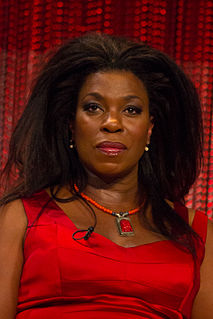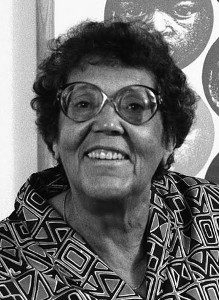A Quote by Boris Pasternak
A literary creation can appeal to us in all sorts of ways-by its theme, subject, situations, characters. But above all it appeals to us by the presence in it of art. It is the presence of art in Crime and Punishment that moves us deeply rather than the story of Raskolnikov's crime.
Related Quotes
Sacramental listening reminds us that current suffering isn't the end of the story. God loves us deeply, and the vision for the future is vaster and more magnificent than we could ever imagine. In these moments of profound human presence, we are awakened to the divine presence and see that the kingdom of God is coming and yet is already here.
The practice of patience guards us against losing our presence of mind. It enables us to remain undisturbed, even when the situation is really difficult. It gives us a certain amount of inner peace, which allows us some self-control, so that we can choose to respond to situations in an appropriate and compassionate manner, rather than being driven by our disturbing emotions.
The best crime stories are always about the crime and its consequences - you know, 'Crime And Punishment' is the classic. Where you have the crime, and its consequences are the story, but considering the crime and the consequences makes you think about the society in which the crime takes place, if you see what I mean.
It is a horrible idea that there is somebody who owns us, who makes us, who supervises us - waking and sleeping - who knows our thoughts, who can convict us of thought crime, thought crime, just for what we think, who can judge us while we sleep for things that might occur to us in our dreams, who can create us sick, as apparently we are - and then order us, on pain of eternal torture to be well again.
To demand this, to wish this to be true is to wish to live as an abject slave.
It is not in our life that God's help and presence must still be proved, but rather God's presence and help have been demonstrated for us in the life of Jesus Christ. It is in fact more important for us to know what God did to Israel, to his Son Jesus Christ, than to seek what God intends for us today.






































